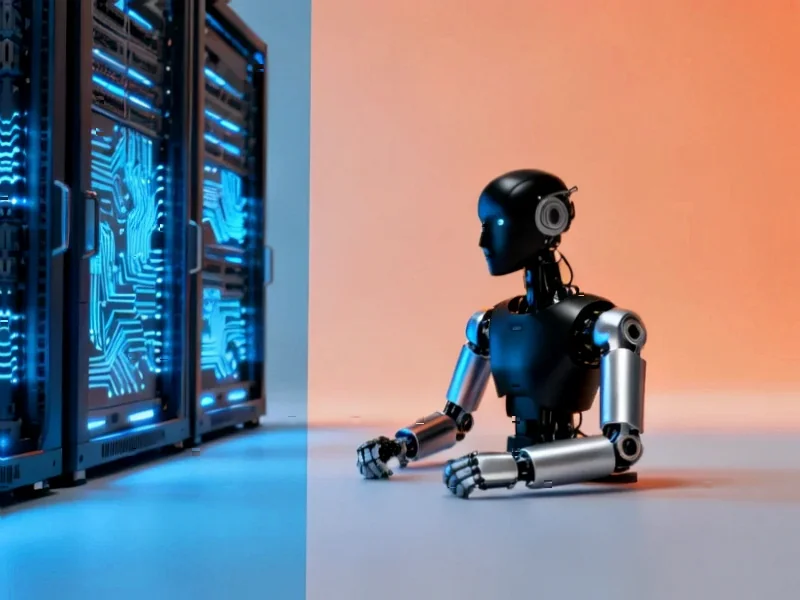According to Financial Times News, Getty Images just lost a central part of its UK copyright lawsuit against Stability AI in a High Court ruling on Tuesday. The court largely sided with Stability AI after Getty claimed its Stable Diffusion AI model infringed intellectual property. Mrs Justice Joanna Smith ruled that AI models like Stable Diffusion that don’t store or reproduce copyright works aren’t “infringing copies.” Getty’s shares fell about 5% following the ruling, and the company dropped its original copyright claim after finding no evidence that Stable Diffusion’s training happened in the UK. The case failed to provide a definitive ruling on whether training AI models using copyrighted works breaches IP law, leaving creative groups disappointed.
What Actually Happened
Here’s the thing – this case turned out to be a massive letdown for anyone hoping for clarity on AI copyright law. Getty basically abandoned its main copyright claims toward the end of the trial, which meant the court never actually ruled on the core question: is training AI on copyrighted material infringement? Instead, they pursued a narrower “secondary infringement” case that didn’t go anywhere. Lawyers are calling it a “massive damp squib” – basically a dud firework that fizzled instead of exploding with legal precedent.
And get this – the ruling actually helps AI companies more than hurts them. The court found that Stable Diffusion doesn’t store or reproduce copyright works, which gives AI developers some breathing room. But here’s the kicker: this doesn’t mean AI training is automatically legal in the UK. It just means this particular case didn’t answer that question. The creative industries are understandably frustrated because they’re watching their work get used to train systems that might eventually replace them.
The Bigger Picture
Look, this isn’t happening in isolation. We’re seeing similar cases play out in the US where AI companies are getting favorable rulings too. Meta won a case in June where a federal court found its use of millions of books to train AI was “fair use.” Anthropic scored a similar victory around the same time. So there’s a pattern emerging where courts seem hesitant to slam the brakes on AI development over copyright concerns.
But here’s what’s interesting – Getty did win on one small point. The court found Stability AI was responsible for some generated images that included Getty watermarks. That’s a trademark infringement win, even if the copyright battle fizzled. And Getty says they’ll use this finding in their ongoing US case against Stability AI. So this isn’t over by a long shot – it’s just that the UK battle didn’t deliver the knockout punch creators were hoping for.
What Comes Next
The real question is: where does this leave creators? Basically in limbo. Without clear legal precedent, every content creator from photographers to writers to musicians has to wonder if their work is being used to train AI without compensation. And the AI companies? They’re probably breathing a sigh of relief, but they know more lawsuits are coming.
I think we’re going to see more of these cases pop up, and eventually someone’s going to get a definitive ruling. But for now, the legal landscape remains murky. Creative industries want protection, AI companies want freedom to train, and courts seem reluctant to make sweeping judgments that could either stifle innovation or enable mass copyright infringement. It’s a classic technology-meets-law situation where the law is struggling to keep up with the tech.




